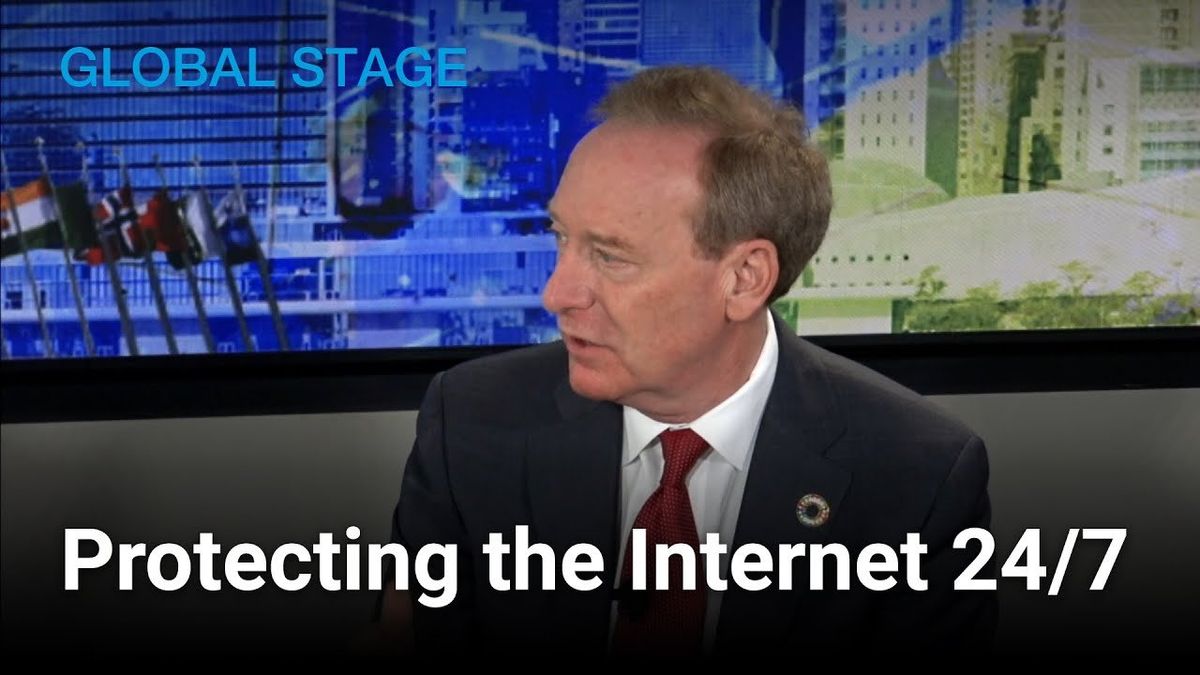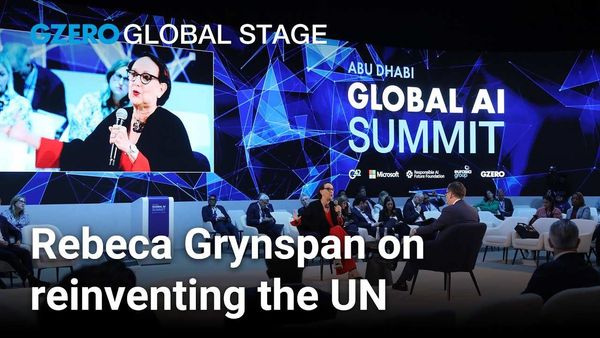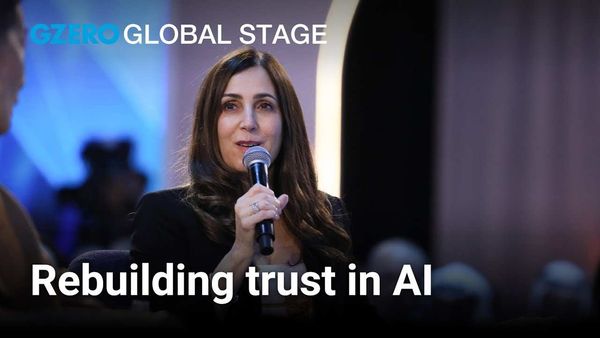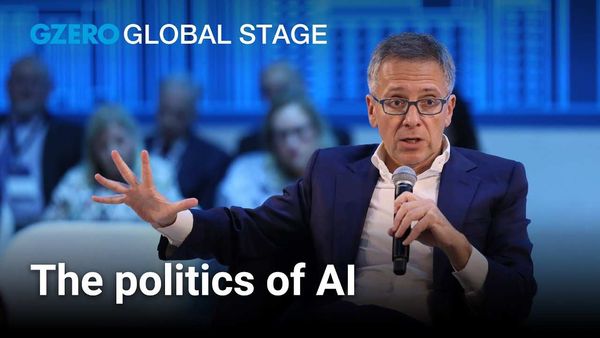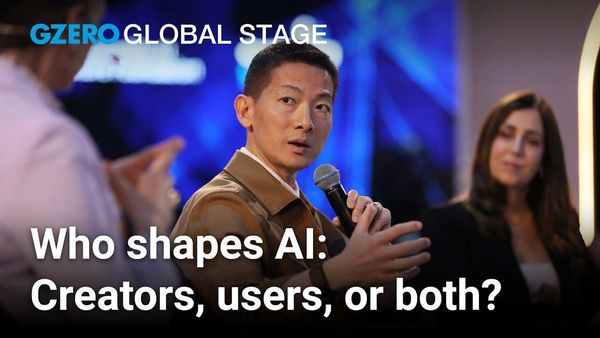Christchurch Call had a global impact on tech giants - Microsoft's Brad Smith
The Christchurch killer livestreamed his heinous crimes, highlighting a macabre threat ensconced within the relatively new field of social media. Extremists could use the technology to get the attention of millions of people — and perhaps even find some incentive for their violence in that fact.
Microsoft Vice Chair and President Brad Smith, in a recent Global Stage livestream, from the sidelines of the 78th UN General Assembly, says the technology industry set out to ensure extremists could “never again” reach mass audiences during massacres. Tech companies, governments and civil society groups work together on the so-called Content Incident Protocol, a sort of digital emergency response plan.
Now, people are on call 24/7 to intervene early, shut down broadcasts, and cooperate with authorities. Smith says the impact has been transformative and urged further efforts to enhance safety against online extremism.
Watch the full Global Stage Livestream conversation here: Hearing the Christchurch Call


